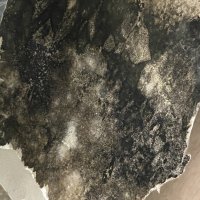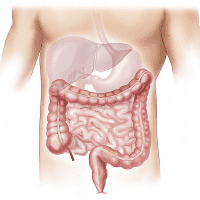- Mold Toxicity, Biotoxin Illness & CIRS
- Neurological Symptoms of Mold Exposure
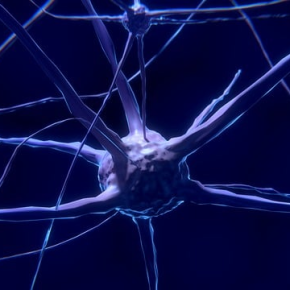
Neurological Symptoms of Mold Exposure
Articles
- Alzheimer's
- Brain Fog
- Chronic Fatigue
- CIRS - Chronic Inflammatory Response Syndrome
- Headaches
- Memory Loss
- Mold Toxicity
- Multiple Sclerosis (MS)
- Mycotoxin
Neurological Symptoms of Mold Exposure
Mold Toxicity and Neurologic Symptoms
Mold toxicity from toxic mold exposure can often trigger neurologic symptoms. Many endure repeated testing without answers before pinpointing black mold or another kind of toxic mold as the culprit of their mental fog and cognitive dysfunction (1). Grasping the contrast between a mold allergy and mold toxicity is key to recognizing the neurological symptoms of black mold symptoms along with other kinds of toxic mold after exposure.
What is Toxic Mold Syndrome?
Toxic mold syndrome is usually unexplained symptoms caused by toxic indoor mold exposure. Toxic mold syndrome is also referred to as CIRS or chronic inflammatory response syndrome. Another common name of symptoms related to mold illness is sick building syndrome.
Mold Toxicity from Mold Exposure vs. Allergy to Mold Spores
Prolonged exposure to indoor mold growth can seriously impact the human nervous system. Toxic compounds produced from mold called mycotoxins can provoke neurological symptoms of mold exposure, especially in sensitive people who have a genetic risk factor. Unlike a mold allergy, a mold toxicity leads to CIRS or chronic inflammatory response syndrome that can progressively impair brain function and trigger neurological symptoms. CIRS symptoms can greatly vary from person to person.
Neuropsychiatric Effects of Mold Exposure
The effects of mold illness mimic other neurological disorders like multiple sclerosis or even inhalational Alzheimer's disease (2). Common neurological symptoms of toxic mold exposure and mold related illnesses include mental confusion, fatigue, impaired memory, poor concentration, brain fog. Mold exposure can also cause dizziness, confusion, increased Anxiety, depression, ADHD symptoms, cognitive impairments/memory loss, disorientation, decreased assimilation of knowledge, and Migraines/Chronic Headaches.
In some cases, the effects of toxic mold can also resemble a traumatic brain injury or even Alzheimer’s disease. Mold has even been linked to Autism spectrum disorder syndrome symptoms.
Your Brain on Toxic Mold
Getting answers for mold-related neurological problems is frustrating. Many medical practitioners and physicians don't recognize the array of symptoms caused by mold toxicity. Blood tests for mold exposure, typically test for reactivity to mold spores but will not show levels of mold toxins or immune system abnormalities. Thus, mold illness can be frequently misdiagnosed as other chronic health conditions.
Impaired cognition and memory loss are major neurological symptoms of mold exposure. Mold toxins can inhibit neuron growth, reduce memory capacity, and provoke increased anxiety and depression. Prolonged toxic mold exposure can also disrupt normal sleep wake cycles, further aggravating mental health issues and physical symptoms.
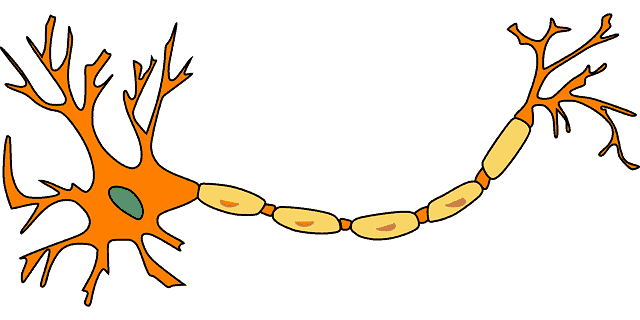
Discovering Black Mold
Recent research connects mold toxicity to decreased neurogenesis or the formation of new brain cells, impaired memory, and changes in brain structure that mirror other neurodegenerative conditions. Integrative medicine providers specializing in mold illness can identify mold illness by using specialized lab panels and tests. Treatment involves creating mold-free environments and customized detoxification protocols tailored to the individual.
It's also important to understand the risk factors of black mold and other toxic mold that may be hiding in your work or home environment. Some of these risk factors include water damaged buildings or higher humidity (60%+). Another potential indicator of mold exposure is the presence of a mold like smell. In particular, black mold has a strong musty smell.
Confusion or Cognitive Impairment
Inhaling mold spores and volatile mycotoxins may potentially cause neuropathy and chronic pain syndromes and can affect the human nervous system.
Once mold removal restores indoor air quality, neurological symptoms should improve over time. Some patients report cognitive gains and resolution of other neurologic symptoms when they follow individualized detoxification treatments. However, genetics, length of exposure, and mycotoxin load can determine how quickly symptoms will resolve.

Neurological Symptoms of Mold Exposure
Studies show mycotoxin exposure negatively affects the central nervous system and brain cells. Research specifically links toxicity from black mold species like Stachybotrys to neurological symptoms (2).
Mold illness medical specialists propose that inflammatory pathways mediate much of the neurological harm from toxicity. Molds can release volatile compounds that trigger chronic brain inflammation resembling patterns seen in other neurodegenerative diseases (3).
Can Mold Exposure Cause Nerve Damage?
Individual differences in genetics and immune function influence the immune response to toxic mold exposure. Certain risk factors like age, genetics, and existing health conditions can impact an individual's susceptibility to neurological symptoms. While mold is one possible cause of cognitive impairment and neurologic symptoms, proper diagnostic testing is needed to definitively rule out other potential reasons.
Integrative medicine practitioners and physicians use specialized lab tests to pinpoint the root cause of neurological symptoms from toxic mold exposure. Avoiding further exposure to water-damaged buildings which contribute to toxic indoor mold and using binders, antioxidants, anti-inflammatories, can help patients address the neurological symptoms as well as other symptoms caused by mold exposure. Early intervention is always best, especially for sensitive individuals to improve neurological function after mold toxicity.
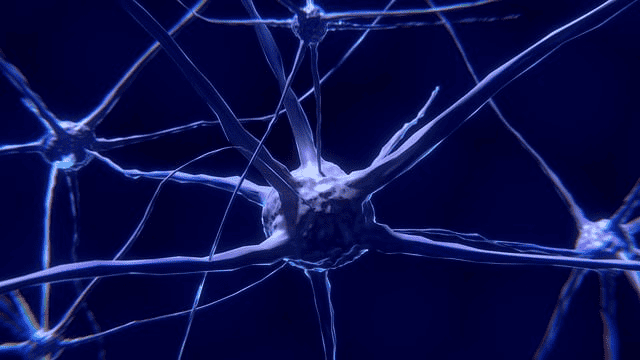
How Toxic Mold Exposure Affects Your Brain
In summary, chronic toxic mold exposure can potentially lead to serious and lasting neurologic symptoms and cognitive impairment through inflammatory pathways and mechanisms that disrupt normal brain cell functioning.
Consulting a functional or integrative medicine practitioner or physician with experience with diagnosing and treating mold illness is key to getting the proper testing and individualized treatments. Catching mold illness in the early stages and removing ongoing sources of exposure provides the best prognosis when it comes to reversing neurotoxicity and neurological symptoms related to mold toxicity.
References:
[1] Baldo, J.V., Ahmad, L., & Ruff, R. (2002). Neuropsychological performance of patients following mold exposure. Applied Neuropsychology, 9(3), 193-202. [2] Bredesen DE. Inhalational Alzheimer's disease: an unrecognized - and treatable - epidemic. Aging (Albany NY). 2016 Feb;8(2):304-13. doi: 10.18632/aging.100896. PMID: 26870879; PMCID: PMC4789584. [3] Anyanwu, E., Campbell, A.W., & Vojdani, A. (2003). Neurophysiological effects of chronic indoor environmental toxic mold exposure on children. TheScientificWorldJournal, 3, 281-290. [4] Ratnaseelan, A.M., Tsilioni, I., & Theoharides, T.C. (2018). Effects of mycotoxins on neuropsychiatric symptoms and immune processes. Clinical Therapeutics, 40(6), 903-917.
-
{{#owner}}
-
{{#url}}
{{#avatarSrc}}
{{name}} {{/url}} {{^url}} {{#avatar}} {{& avatar}} {{/avatar}} {{name}} {{/url}} - {{/owner}} {{#created}}
- {{created}} {{/created}}



